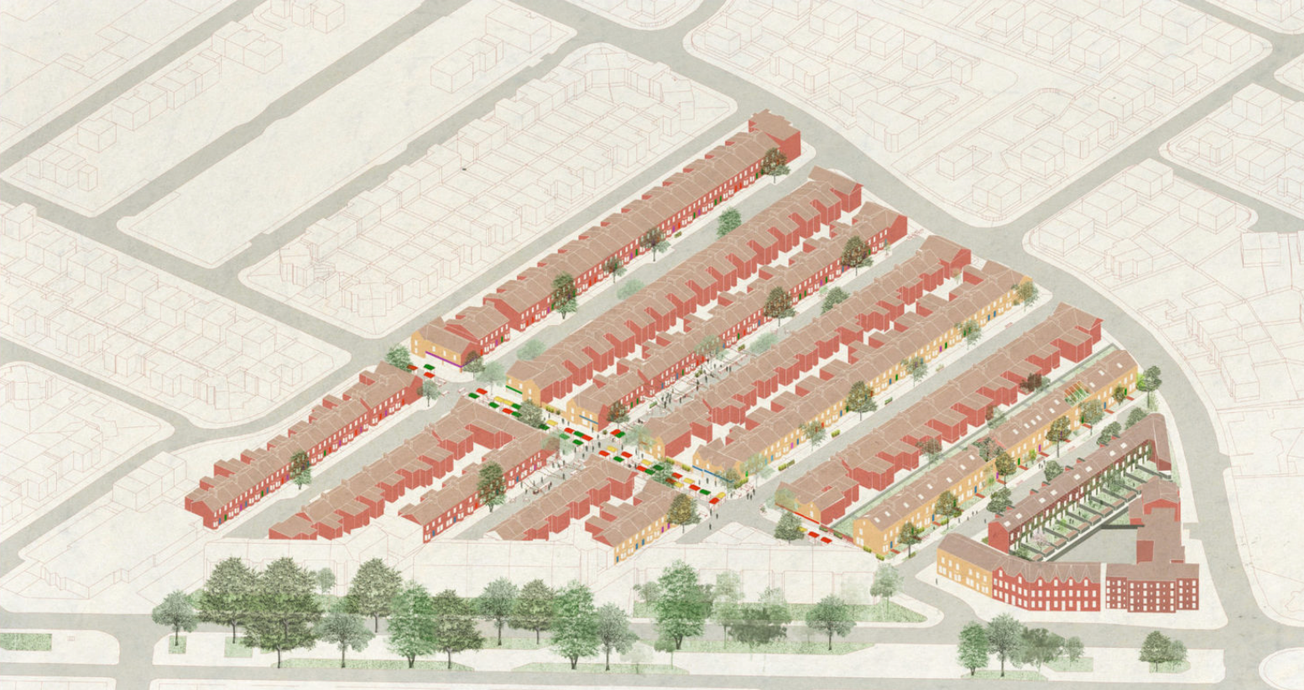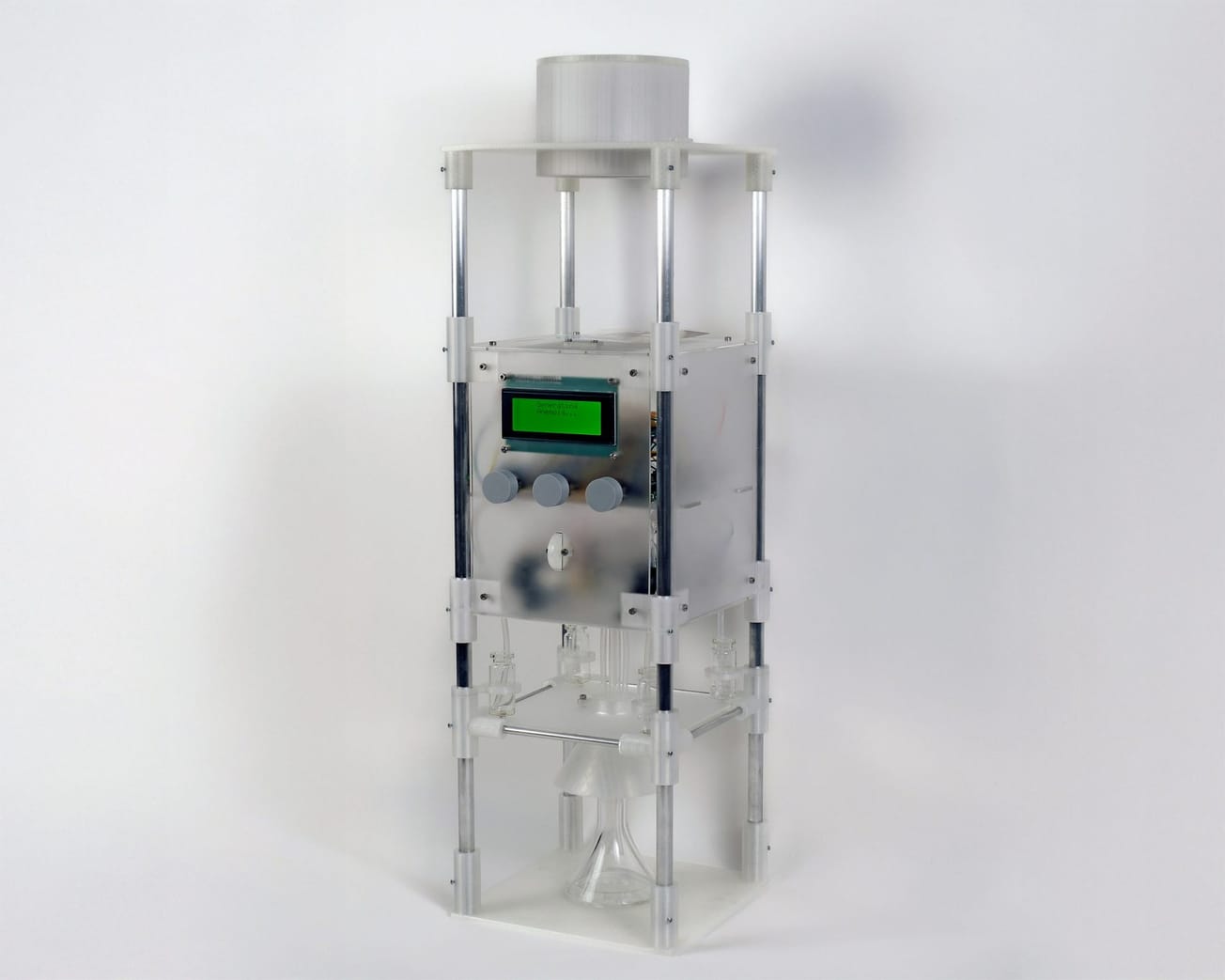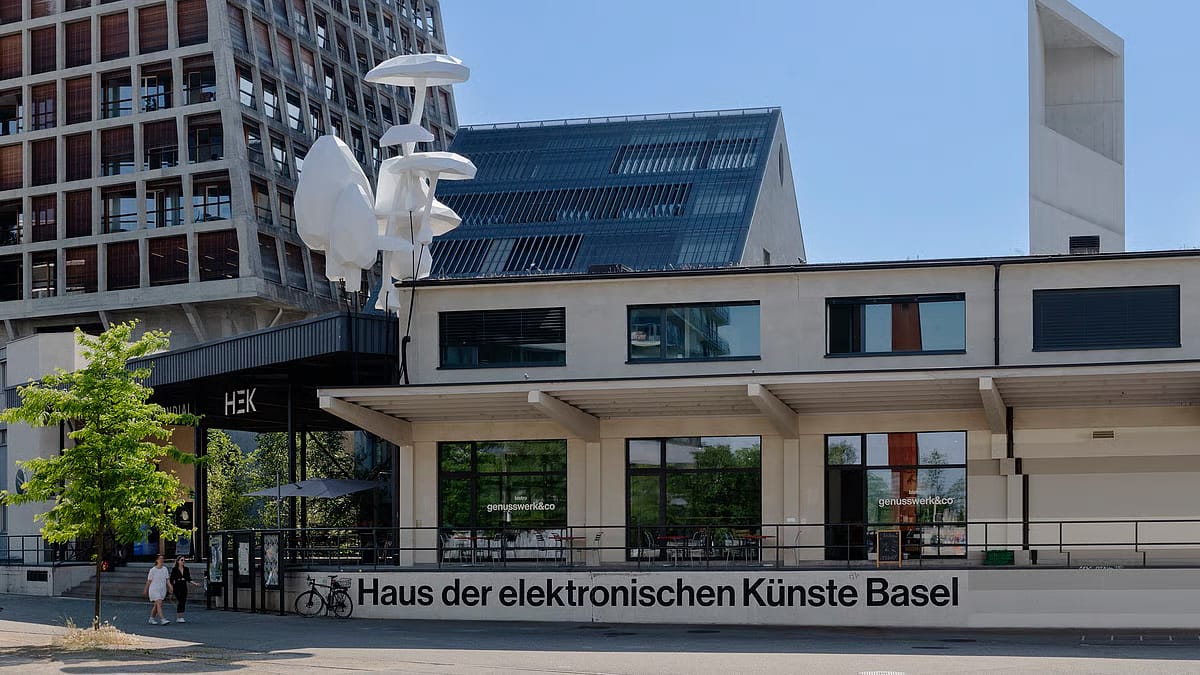OpenAI’s newly launched ChatGPT Atlas merges web browsing with conversational AI. Its most distinctive—and controversial—feature is “Memories,” a function that allows the browser to retain contextual information about a user’s activity across sites. The goal is to create continuity: Atlas can recall prior searches, revisit ideas, or suggest relevant actions based on past behavior. But this same continuity is sparking concern among technologists and creatives who see in it a potential for overreach.
Data Retention Meets Personalization
OpenAI states that browsing content isn’t used to train models by default and that users can view, edit, or delete their stored data. Yet, “memory” transforms a transient browsing act into a persistent behavioral record. For designers, researchers, and creative professionals whose workflow depends on iterative exploration, this could blur lines between assistance and surveillance. The convenience of context-aware AI comes with the trade-off of deeper data visibility—how much the browser knows about your habits, projects, and even creative process.
Trust as Interface
The question isn’t just technical—it’s relational. Atlas redefines the browser from a neutral interface to an active participant in knowledge work. The tension lies in trust: can users rely on a system that both assists and archives? As OpenAI pushes toward agentic AI—browsers that act rather than observe—the debate over memory, privacy, and agency will shape the future of creative technology. For now, Atlas offers a preview of a more intimate web, one that remembers as much as it serves.





